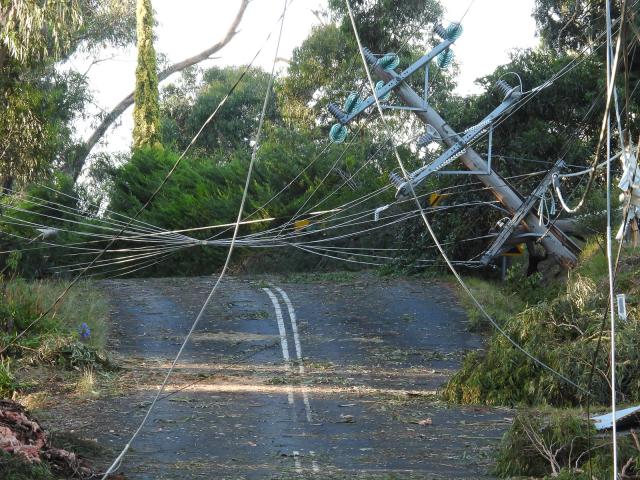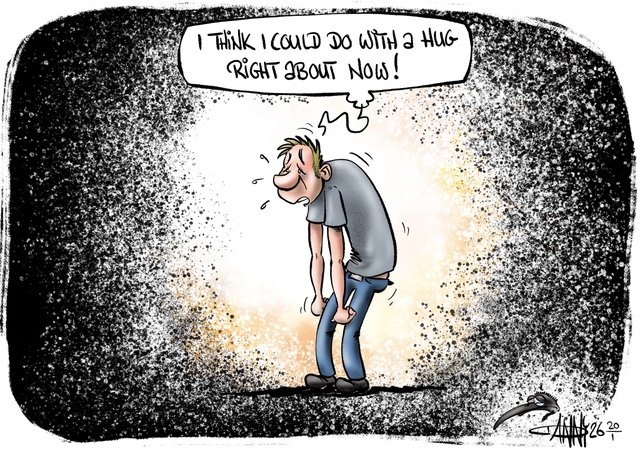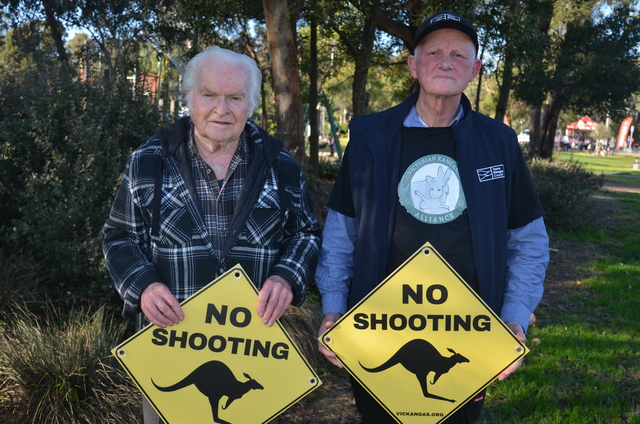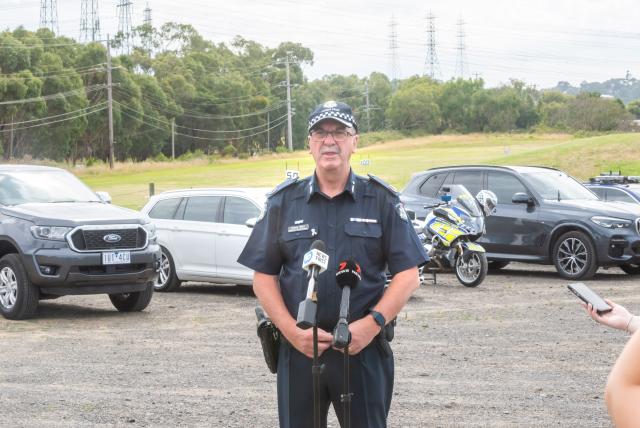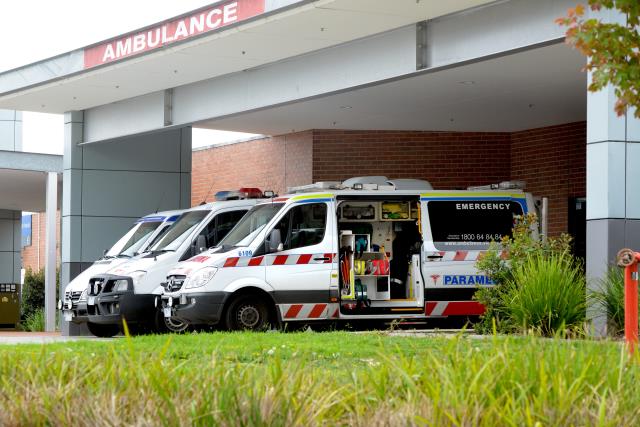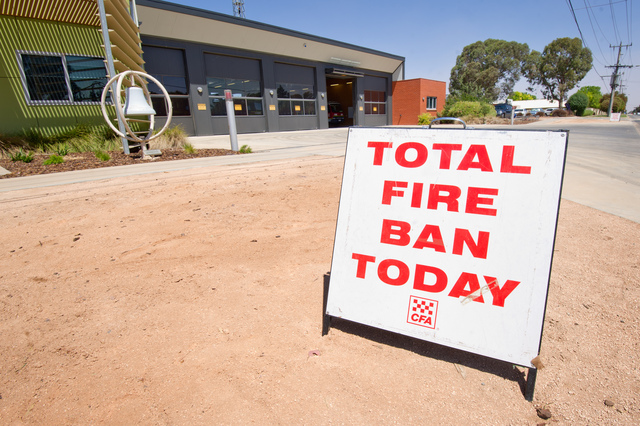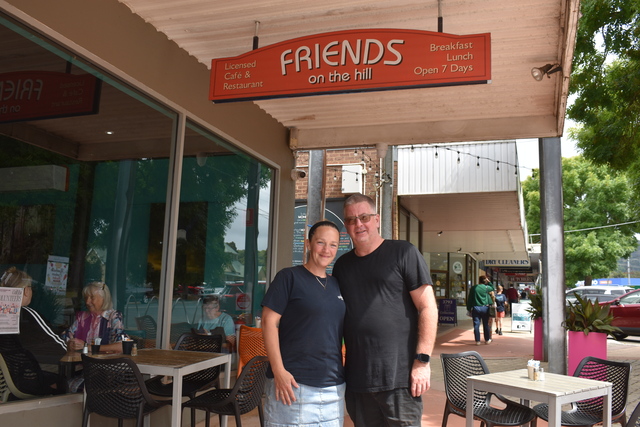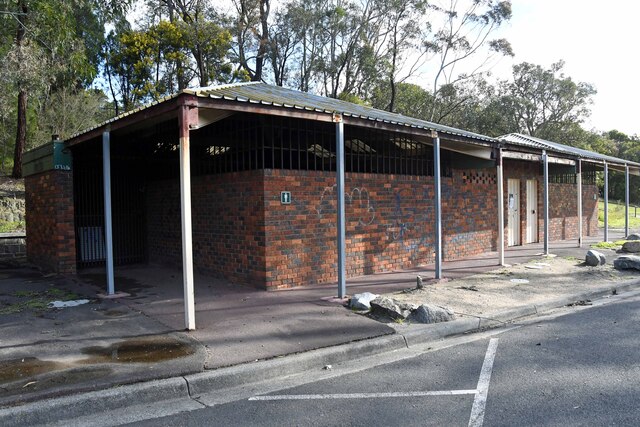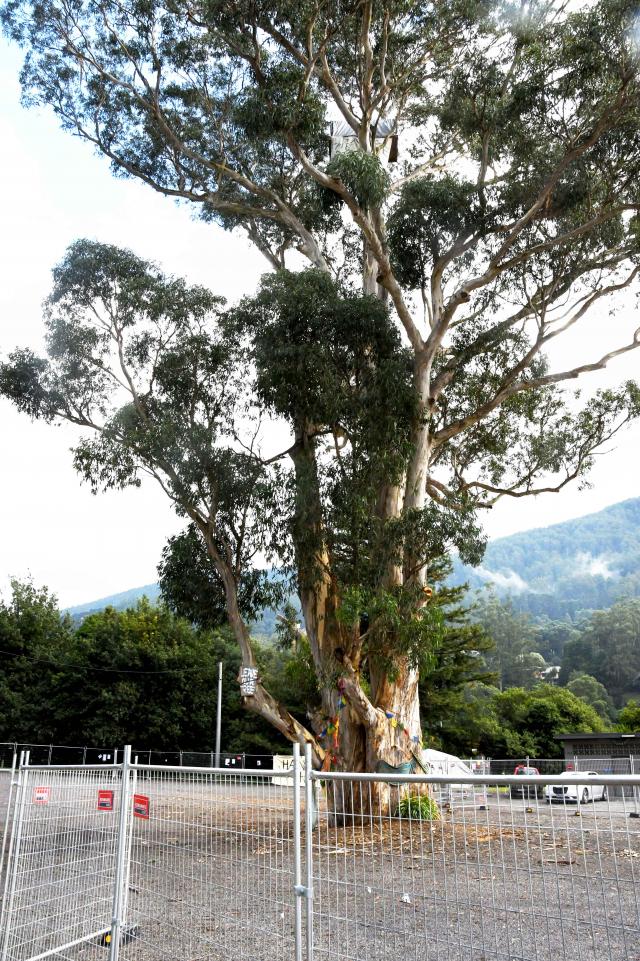Frustration is a word that has been used multiple times by residents across the outer east to describe the lack of connection they experienced in the aftermath of the storms.
Unable to send or receive calls and text messages, access weather or emergency notifications, access the internet and in some cases make SOS calls to 000, the dangers of living through another storm event and power outage have been brought to the surface.
After the most recent and lengthy power outage in 2021, which also downed telecommunications towers, the Mount Evelyn Community Forum page was lit up with questions of ‘didn’t we learn from last time?’
“My mobile phone was absolutely useless yesterday (Tues 13 Feb) upon losing power. Couldn’t send or receive a text message, no internet, no calls. Totally ridiculous. Same as the June 2021 big storms,” Elizabeth Gibson posted to the Forum.
“You would have hoped that lessons were learnt. Obviously not. I went to public meetings where this very issue was raised time and time again,” Stan Van Leeuwen said.
“Nothing’s changed since Black Saturday. It’s disgusting,” Deborah Milton also commented.
Many people said the most concerning aspect of not having telecommunications access was feeling “isolated, uninformed and useless in a crisis”, being unable to check on friends or know what was happening locally.
“The only connection to what was happening in the world I had during the power cut was AM Radio,” Joshua Williams said.
“Considering we are in a fire risk area, there must be some redundancy built into the telecommunications infrastructure in our area, before it goes from being a temporary inconvenience to an issue that could affect lives.”
While Telstra said it was “using back-up generators while we wait for power to be restored” where it could, over 200 mobile sites were disrupted as of Wednesday 14 February.
About 230 phone towers were still offline on Thursday as Telstra, Optus and TPG crews raced to reconnect services, AAP reported.
Premier Jacinta Allan said it was reasonable to question if telcos should have more batteries and generators around towers as backup power sources for severe weather events.
“We saw the same thing coming out of Queensland with the cyclone event before Christmas,” the premier said.
“The reality is everyone relies on their mobile phone. Very few people have a landline.
“This has really emerged strongly out of this event this week as something that needs much greater focus and attention at both levels of government, but also the telecommunications companies have to come to the table with solutions.”
In March last year, after the Yarra Ranges missed out on Improving Mobile Coverage Round funding, Federal Casey MP Aaron Violi said it was unfathomable that in a high prone bushfire, flooding and storm region, funding was not provided to secure mobile connection in this area.
“Communication is something that has to be above politics because it can be life and death. It’s an essential service that should be treated as such,” he told Star Mail at the time.
Returning to the issue in Parliament on Wednesday 14 February, Mr Violi shared the struggles with communications minister Michelle Rowland.
“It’s a continual frustration for my community. The Dandenong Ranges, the Upper Yarra, the Yarra Valley, it’s a 40 to 50 minute drive with no traffic from the CBD but anyone that visits knows it’s not suburban,” he said.
“It’s beautiful nature, it’s farmland, it’s agriculture, it’s mountains. It’s challenging terrain and there’s a lot of beautiful trees. There’s a lot of tall trees, hundreds of feet and the problem is when there’s a storm, the trees fall down, and we lose power and when we lose power in our community, we lose communications.
“While phones are very convenient, when there’s no internet, no phone reception, they’re the most useless thing in the world.”
Calling for bipartisan support to improve the infrastructure, Mr Violi said this was an essential service that “is one of the biggest challenges our communities face”.
“What we need to do as governments and this is not a criticism of the government. This is bipartisan because it is a challenging situation. I acknowledge the terrain, the topography.
“It’s not about politics. It’s about working in a bipartisan way to make them as safe as possible.”
Monash University associate professors Roger Dargaville and Behrooz Bahrani said as climate change continues to bring more natural emergencies, “this incident serves as a wake-up call” for “creating a robust, adaptable energy infrastructure” that can withstand these events.
“As a result of climate change we are bound to have more wild weather conditions in the future and our energy systems must learn to adapt and grapple with such situations more often,” associate prof Dargaville said.
“Building on the urgency highlighted by Victoria’s power outages, it’s clear that accelerating the adoption of renewables is not just an environmental imperative but a strategic necessity for energy security,” associate prof Bahrani said.
Yarra Ranges Mayor, Sophie Todorov said that staff were working with AusNet, telecommunications companies and the State Government to address the outages and its impacts.
“We will continue to advocate for our communities to the State Government. We know there will be a long path ahead with removing debris and fallen trees, and we’ll be working to make sure we get the best support we can,” she said.

